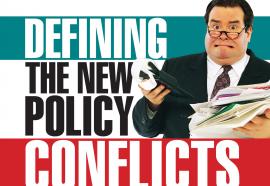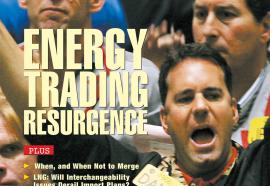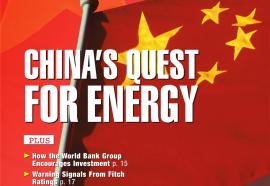Electric & Hybrid Cars: New Load, or New Resource?
The industry must join a growing chorus in calling for new technology.
A growing movement to bring plug-in hybrid and all-electric cars to market has emerged, bolstered by the undeniable economic and national-security benefits that result from displacing gasoline with electricity. Also, our editor-at-large talks with Tesla Motors CEO Martin Eberhart.











